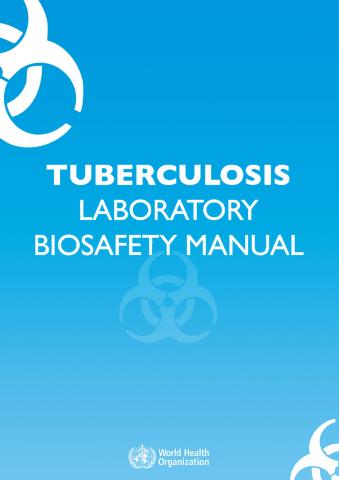Module 1: TB laboratory biosafety

 TB KaSPar
TB KaSPar
 Feedback
Feedback
Systematic LTBI testing and treatment may be considered for prisoners, health workers,
immigrants from countries with a high TB burden, homeless people and people who use drugs.
People who are initiating anti-TNF treatment, or receiving dialysis, or preparing for an organ
or haematological transplant, or who have silicosis should be systematically tested and treated
for LTBI.
In selected high-risk household contacts of patients with multidrug-resistant tuberculosis,
preventive treatment may be considered based on individualized risk assessment and a sound
clinical justification.
Children aged ≥ 5 years, adolescents and adults who are household contacts of people
with bacteriologically confirmed pulmonary TB who are found not to have active TB by an
appropriate clinical evaluation or according to national guidelines may be given TB preventive
treatment.
Children aged < 5 years who are household contacts of people with bacteriologically
confirmed pulmonary TB and who are found not to have active TB on an appropriate clinical
evaluation or according to national guidelines should be given TB preventive treatment even
if LTBI testing is unavailable.
All children living with HIV who have successfully completed treatment for TB disease may
receive TB preventive treatment.
Children aged ≥ 12 months living with HIV who are considered unlikely to have active TB
on an appropriate clinical evaluation or according to national guidelines should be offered TB
preventive treatment as part of a comprehensive package of HIV prevention and care if they live
in a setting with high TB transmission, regardless of contact with TB.
Infants aged < 12 months living with HIV who are in contact with a person with TB and who
are unlikely to have active TB on an appropriate clinical evaluation or according to national
guidelines should receive TB preventive treatment.